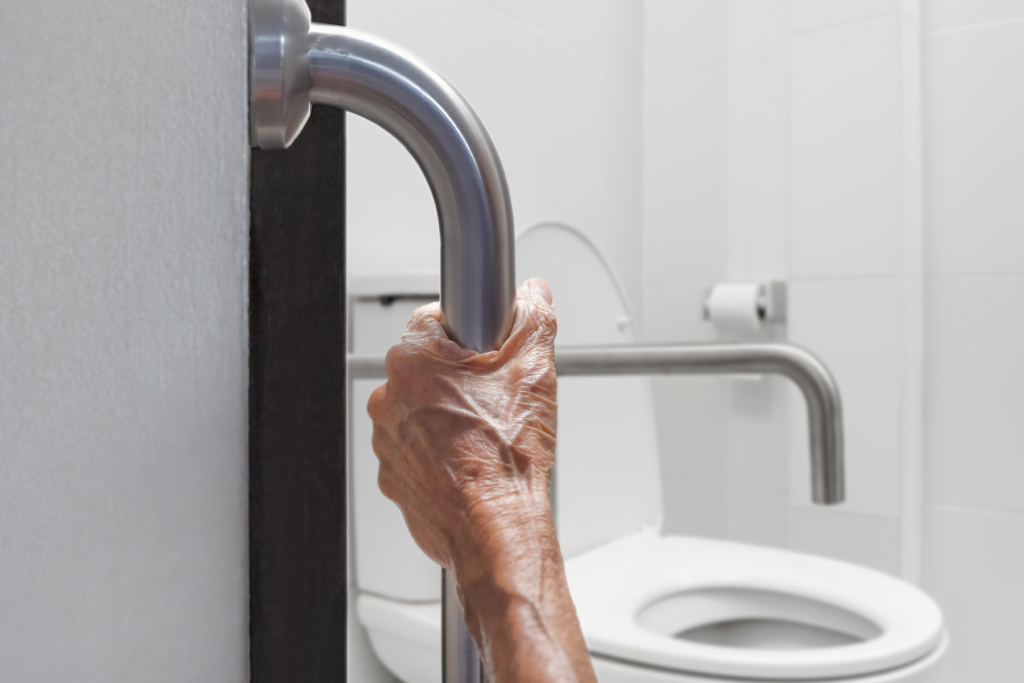Celebrities Shining a Light on Lesser Known Dementias

Creating awareness about dementias other than Alzheimer’s
by Gary Skole
While Alzheimer’s disease is the most common type of dementia, comprising up to 80% of cases, there are a number of other important dementia varieties that public awareness campaigns often overlook. Many people wrongly assume the terms Alzheimer’s and dementia to be synonymous when in fact, dementia is a larger umbrella category encompassing Alzheimer’s alongside other forms of dementia. It is vital we expand understanding of the diverse manifestations of dementia and how non-Alzheimer’s forms may present differently with their own unique implications for research, diagnosis and care.
Each subtype negatively impacts millions, confirming why no single perspective can represent the voices and needs of the entire dementia community. Bringing attention to the full spectrum will empower targeted patient services, accelerate treatment advances, and ultimately allow us to more compassionately embrace all touched by these implacable diseases. Awareness of one lifts awareness for all.
Public awareness of Alzheimer’s and other dementias is critical, and thanks to the openness of some celebrities and their families, people are gaining greater understanding of these conditions and their impacts.
Last year when Bruce Willis’ family shared his diagnosis of frontotemporal dementia (FTD), media interest helped educate many on this less common form. However, some coverage inaccurately conflated his condition with aphasia. As clarified by Medical Express, Willis’ aphasia symptoms resulted from the underlying FTD rather than “progressing into” FTD.
Robin William’s passing also brought attention to Lewy body dementia, another lesser known type. We applaud the courage of these individuals and families in speaking out, helping combat stigma. As rates climb, we will likely see more public figures come forward, reflecting dementia’s indiscriminate nature.
While exciting research pursues cures, education and awareness remain our best tools for creating supportive communities. The power of the media in undeniable, however, accurately describing the various conditions is critical as misinformation can be detrimental. We must keep listening to those living with dementia and learning from their experiences. Through compassion and working together, we can build a society that embraces and empowers those facing these challenging illnesses.




Responses